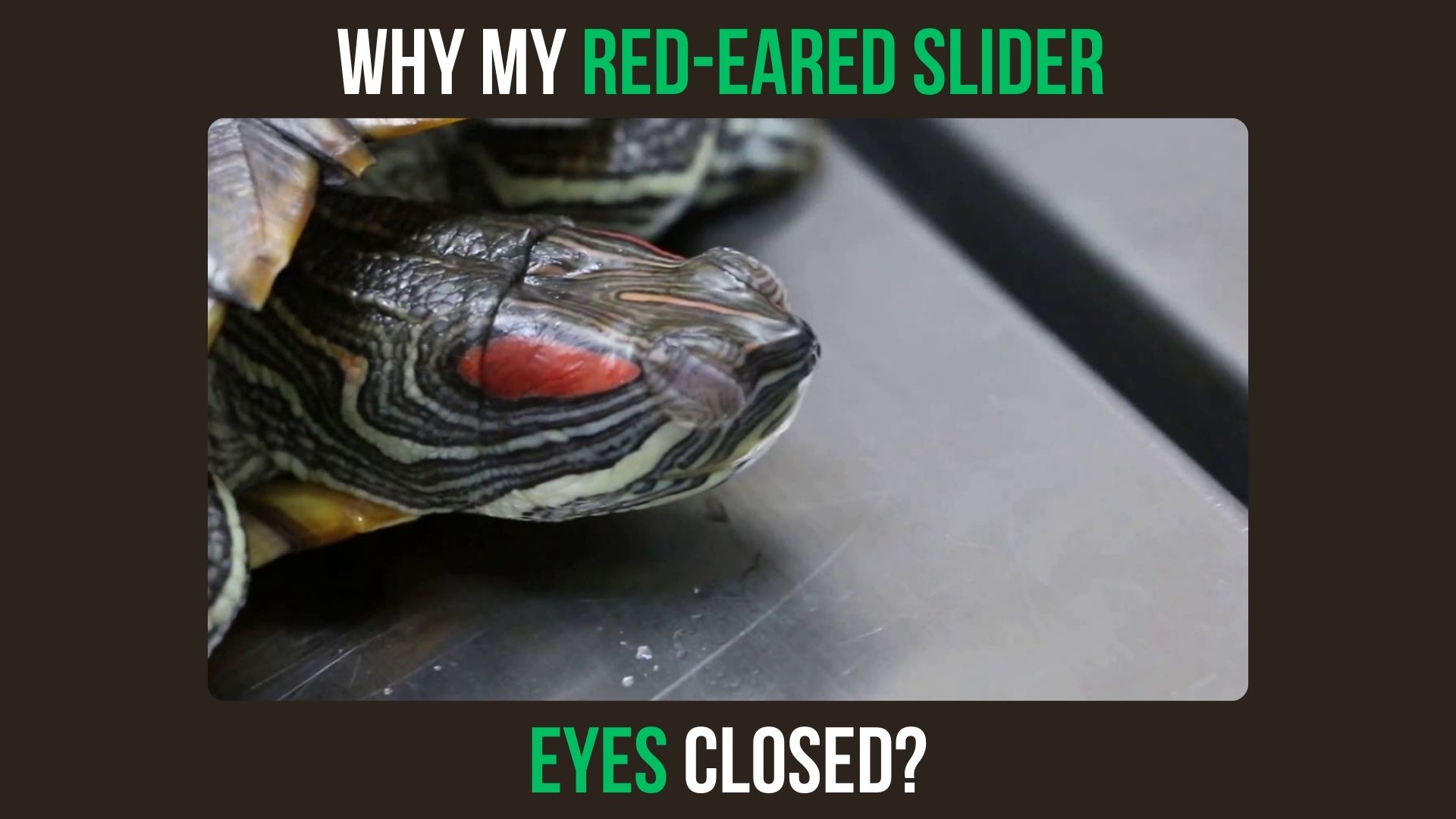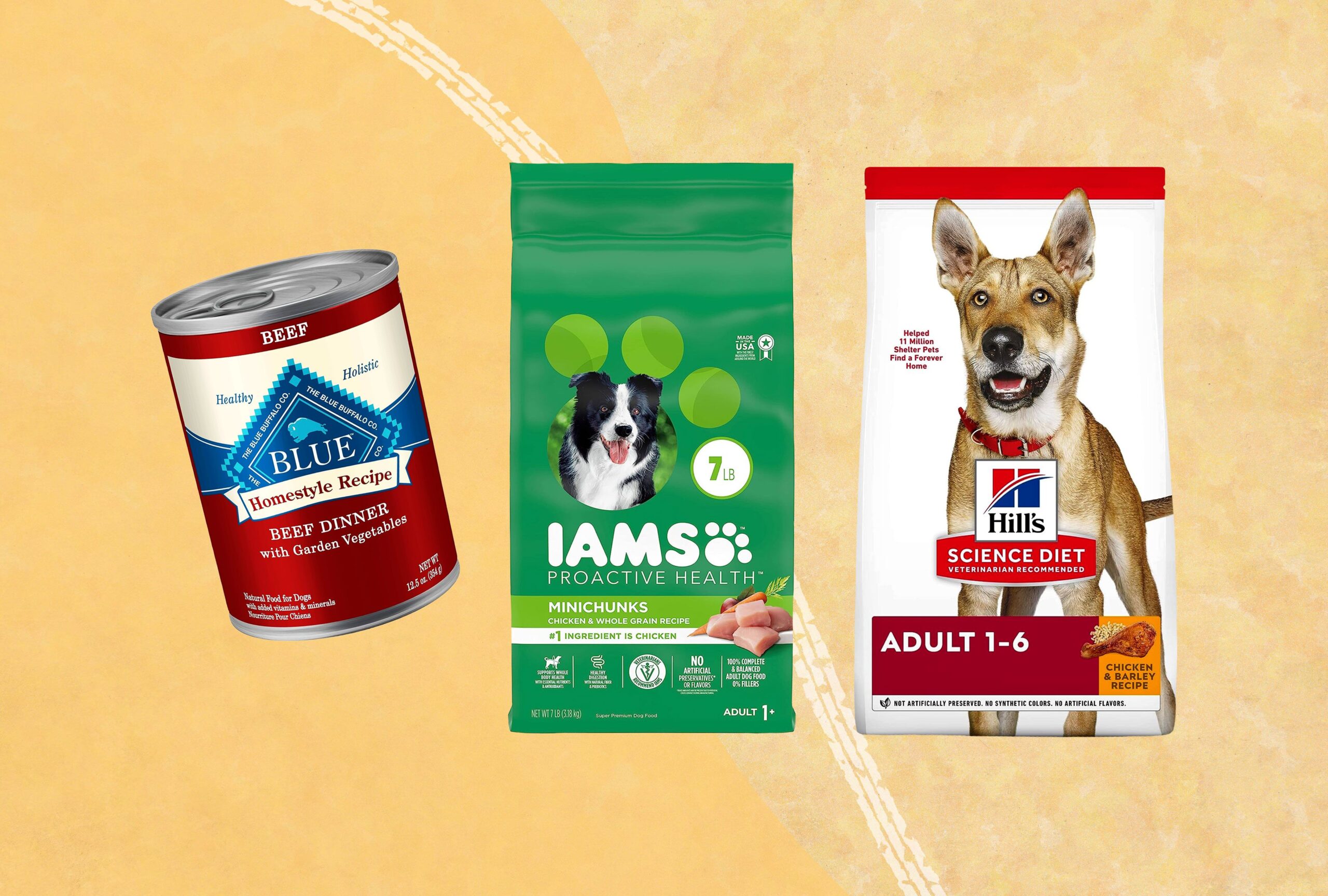Red-Eared Slider eyes may close for various reasons. It could signal a health problem.
Red-Eared Sliders are popular pet turtles. They are known for their vibrant red markings. But when their eyes close, it can be worrying. Eye issues in turtles can stem from different causes. Poor water quality, lack of vitamins, or infections are common reasons.
Understanding these causes is crucial. It helps in taking proper care of your pet. This blog will explore why your Red-Eared Slider’s eyes might be closed. We will discuss common causes and solutions. This knowledge ensures your pet stays healthy and happy. Let’s dive into the details to keep your turtle’s eyes bright and clear.

Common Causes
Understanding why your red-eared slider has its eyes closed can be concerning. There are several common causes that might explain this behavior. By identifying the root cause, you can take the necessary steps to help your pet turtle.
Environmental factors play a significant role in a red-eared slider’s health. Poor water quality is a common issue. Dirty water can cause eye irritation and infections. Ensure the tank is clean and the water is filtered properly.
Incorrect lighting can also affect your turtle’s eyes. Red-eared sliders need both UVA and UVB lighting. Lack of proper lighting can lead to eye problems and other health issues. Make sure the lighting setup is appropriate for your turtle.
Temperature is another crucial factor. The water and basking temperatures need to be within the right range. Too cold or too hot can stress your turtle, leading to closed eyes. Regularly check and maintain the temperature.
Health issues can also cause your red-eared slider to close its eyes. Vitamin A deficiency is a common problem. It can lead to swollen eyes and difficulty opening them. Providing a balanced diet rich in Vitamin A can help.
Infections are another concern. Bacterial or fungal infections can cause eye problems. Look for signs like redness, swelling, or discharge. If you notice these symptoms, consult a vet immediately.
Injuries can also be a cause. Your turtle might have hurt its eye. Check for any visible injuries or foreign objects. If you suspect an injury, seek veterinary care to avoid further complications.
Environmental Factors
Understanding why your red-eared slider’s eyes are closed can be challenging. Environmental factors play a significant role in their well-being. Ensuring the right conditions is crucial for their health. Let’s explore some key aspects that might be affecting your turtle.
Water quality is vital for red-eared sliders. Poor water conditions can lead to eye problems. Dirty water often contains harmful bacteria. These bacteria can cause infections and irritations. Regular water changes are necessary to keep the tank clean. Using a good filter can help maintain water quality. Testing the water for ammonia, nitrites, and nitrates is also important. These chemicals can harm your turtle if their levels are too high.
Lighting conditions affect your turtle’s eyes too. Red-eared sliders need UVB light for their health. UVB light helps them produce vitamin D3. Without it, they can develop health issues, including eye problems. Ensure your turtle gets 12 hours of UVB light daily. Replace UVB bulbs every six months. Old bulbs lose their effectiveness over time. Proper lighting is essential for your turtle’s well-being.
Health Issues
Red-eared sliders are popular pet turtles. Sometimes, their eyes close due to health problems. Knowing the reasons can help you take better care of them. Here, we discuss common health issues that cause eye closure in red-eared sliders.
Vitamin A is crucial for red-eared sliders. A lack of it can lead to swollen eyes. This condition makes it hard for them to see and eat. They may also become lethargic. You can prevent this by giving them a balanced diet.
Ensure their food includes:
- Leafy greens
- Carrots
- Sweet potatoes
- Commercial turtle pellets
These foods are rich in Vitamin A. They help keep your turtle healthy. If symptoms persist, consult a vet.
Infections also cause red-eared sliders to close their eyes. Bacterial, fungal, or parasitic infections are common. Symptoms include:
- Swollen eyes
- Redness
- Discharge
- Lethargy
Infections can result from dirty water or poor tank conditions. Keep the tank clean to prevent infections. Change the water regularly and ensure proper filtration.
If you notice signs of infection, take your turtle to a vet. They may prescribe antibiotics or other treatments. Clean the tank and follow the vet’s advice for a quick recovery.
Water Quality
Water quality plays a crucial role in your red-eared slider’s health. Poor water quality can lead to various health issues. One common problem is your turtle’s eyes staying closed. Clean and fresh water is essential for your pet’s well-being.
Proper Filtration
Proper filtration is essential for maintaining clean water. A good filtration system removes waste and harmful chemicals. It helps keep the water clear and healthy. Choose a filter suitable for the size of your tank. A strong filter reduces the frequency of water changes. Ensure the filter is working efficiently.
Regular Cleaning
Regular cleaning of the tank prevents the build-up of harmful bacteria. Remove uneaten food and waste daily. Clean the tank walls and decorations weekly. Perform partial water changes every week. Replace about 25% of the water with fresh, dechlorinated water. Regular cleaning keeps the water safe for your turtle.
Lighting Conditions
Lighting conditions play a crucial role in maintaining a red-eared slider’s health. Poor lighting can cause many issues, including eye problems. Ensuring proper lighting is essential for your turtle’s well-being.
Uvb Lighting
Red-eared sliders need UVB lighting for vitamin D3 synthesis. Without UVB, they can’t absorb calcium properly. This can lead to eye problems and other health issues. Ensure your turtle’s tank has a UVB light. Place it within 12 inches of the basking area. Replace the bulb every six months, as UVB output decreases over time.
Temperature Control
Temperature affects a red-eared slider’s overall health. Incorrect temperatures can stress your turtle. This can lead to closed eyes and other health problems. Maintain a basking area temperature between 85-90°F. The water temperature should be around 75-80°F for adults. For hatchlings, keep it slightly warmer at 78-80°F. Use a thermometer to monitor the temperature regularly. Adjust the heater or lighting as needed.

Vitamin A Deficiency
Vitamin A is essential for your red-eared slider’s health. A deficiency can cause many issues, including closed eyes. Understanding the symptoms and dietary solutions can help ensure your turtle stays healthy and happy.
Symptoms
Recognizing the symptoms of Vitamin A deficiency is crucial. Your red-eared slider may show the following signs:
- Swollen eyes – The eyes may appear puffy and inflamed.
- Closed eyes – The turtle might keep its eyes shut for long periods.
- Lethargy – Your turtle may become inactive and less responsive.
- Poor appetite – It may eat less or refuse food.
Dietary Solutions
Addressing Vitamin A deficiency involves making dietary changes. Here are some foods rich in Vitamin A:
| Food | Vitamin A Content |
|---|---|
| Carrots | High |
| Sweet Potatoes | High |
| Dark Leafy Greens | Moderate |
| Squash | Moderate |
Include these foods in your turtle’s diet to boost Vitamin A levels. You can also consider supplements after consulting a vet. This can help improve your turtle’s eye health and overall well-being.
Infections
Infections are a common reason why red-eared sliders may close their eyes. These infections can cause discomfort and health issues. Understanding the types of infections and their treatments can help in caring for your turtle.
Common Infections
Red-eared sliders often suffer from bacterial infections. These can lead to swollen and closed eyes. Poor water quality usually causes these bacterial infections. Fungal infections are also common in red-eared sliders. These infections can affect the eyes and other parts of the body. Vitamin A deficiency can lead to secondary infections in the eyes.
Treatment Options
Clean the tank water regularly to prevent infections. Use a good water filter to maintain water quality. If the infection persists, consult a vet. The vet may prescribe antibiotics for bacterial infections. For fungal infections, antifungal medications are available. Ensure your turtle gets a balanced diet. Foods rich in vitamin A can help prevent infections.

Preventive Measures
Taking preventive measures can help keep your red-eared slider healthy. Healthy turtles are less likely to have eye issues. Here are some key steps to take.
Routine Checkups
Schedule regular vet visits for your turtle. A vet can spot problems early. Early detection can prevent serious issues. Make sure the vet is experienced with reptiles. They will know the signs to look for.
Proper Habitat Maintenance
Clean your turtle’s tank often. Dirty water can cause eye infections. Change the water regularly. Use a good filter. A clean tank means a healthier turtle.
Maintain the right temperature and humidity. Turtles need specific conditions to thrive. Check the temperature daily. Use a thermometer and hygrometer. This keeps the habitat perfect for your turtle.
Frequently Asked Questions
Why Are My Red-eared Slider’s Eyes Closed?
Red-eared slider eyes may close due to poor water quality, vitamin A deficiency, or infections. Regularly clean their tank and provide a balanced diet.
How Can I Treat My Turtle’s Eye Infection?
To treat an eye infection, consult a vet for proper medication. Maintain clean water and a balanced diet to prevent future issues.
What Are The Symptoms Of Vitamin A Deficiency In Turtles?
Symptoms include swollen eyes, lethargy, and loss of appetite. Ensure a varied diet with leafy greens and vitamin supplements to prevent deficiency.
Can Poor Water Quality Affect My Turtle’s Eyes?
Yes, poor water quality can lead to eye infections and irritation. Regularly clean the tank and maintain proper water conditions.
Conclusion
Caring for red-eared sliders requires attention to their health. Closed eyes can signal problems. Check water quality, temperature, and diet. Consult a vet if needed. Healthy turtles have open, bright eyes. Regular care ensures a happy, healthy pet. Stay observant and proactive.
Your turtle will thrive.





Leave a Reply